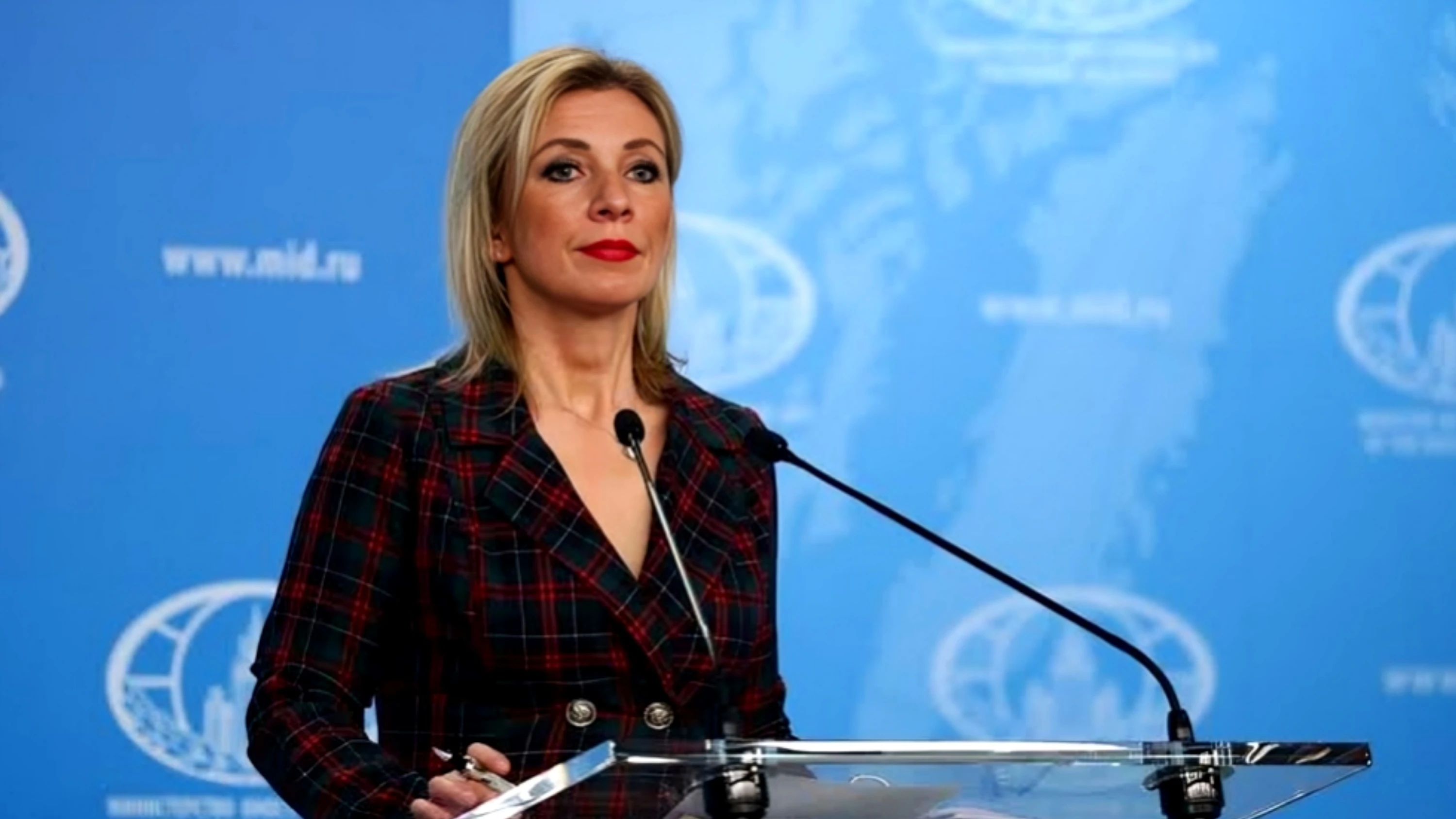Washington: On April 20, 2025, it was revealed that U.S. Defense Secretary Pete Hegseth shared classified details of a March airstrike on Yemen’s Iran‑aligned Houthi forces via a second Signal messaging group.
The chat, created during his Senate confirmation process, included about a dozen participants—among them his wife, brother, and personal lawyer—and contained strike schedules normally restricted to secure channels, according to Reuters and The New York Times
These latest disclosures follow an earlier mishap in which Hegseth mistakenly added The Atlantic’s editor‑in‑chief to a Signal chat discussing national security. The incidents have spurred an internal Pentagon leak investigation that led to the removal of senior advisers, including Hegseth’s point man, Dan Caldwell.
As the probe continues, leading Democrats—most prominently Senate Minority Leader Chuck Schumer and Senator Tammy Duckworth—have publicly called for his dismissal. Schumer wrote on X that although the White House decried the leaks as politically motivated, “Trump is still too weak to fire him. Pete Hegseth must be fired”
Signal is not an approved platform for transmitting classified defense information, and security experts warn that repeated protocol breaches at the highest levels threaten U.S. operational security. The March strike targeted Houthi positions as part of ongoing efforts to counter Iranian influence in the region.
Critics argue that these leaks erode trust in Pentagon leadership and could compromise future missions, underscoring a broader struggle within the Defense Department over leak management and information security








